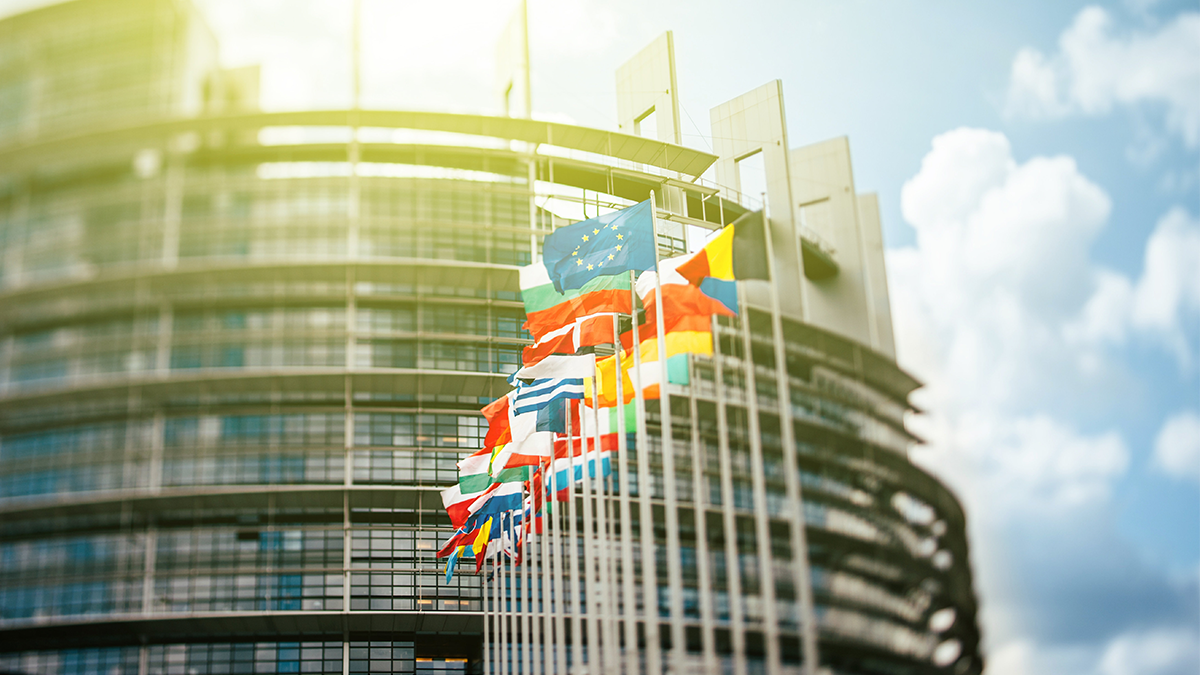In Denmark, the basis for the transposition have been laid down in Act No. 786 of 04/05/2021 amending the Environmental Protection Act with Order No. 1,000, backing Act 786, enumerating all measures taken by Denmark. Interestingly enough, after enumerating all product banned, the Order goes on with very detailed clarifications regarding traceability and the marketing of the concerned products. The order even provides for clear markings to be posted on the future products (together with their dimensions, picture quality, angle view etc.).
Ireland transposed Article 5 and 7 of Directive (EU) 2019/904 and published in its Official Gazette the European Union (single use plastics) Regulations 2021, restricting the single use plastic products. The Regulations give the Environmental Protection Agency the powers to enforce these provisions. What draws attention are the large fines set (up to €500,000) and even the sentence to prison (for a term not exceeding 3 years), if someone breaks the rules imposed in the Regulations and decides to put on the market the now restricted products.
In Latvia, the Law on reducing the consumption of plastic products was passed by the national Parliament (Saeima) on May 27, 2021 and entered into force on July, 3, 2021.One provisions catches our eye, „the prohibition on the placing on the market of food packaging made of expanded polystyrene shall not apply to beverage packaging, plates, sachets and packaging containing food and containing food for individual consumption packed on the production line and then delivered to a point of sale outside the factory or the manufacturer’s warehouse.”
Hungary has transposed into their national legislation the provisions of the SUP Directive (published in the Magyar Közlöny), on 1st June 2021. In addition to the bans established under the European Directive, the Hungarian text foresees the ban of non-degradable light plastic bags (15-50 mm) from 2023. Furthermore, on the separate collection of beverage bottles, the Hungarian text establishes the implementation of DRS for single-use glass, plastic and aluminum.
Bulgaria has traveled a long way to transpose this specific piece of legislation and is quickly approaching towards closing the procedure with the Ordinance transposing the EU Directive 2019/904 being on the verge of being adopted. The Ordinance was under public debate during which the Ministry of Environment and Water (the initiator) had a number of meetings with NGOs and branch organizations. In these occasions were discussed the changes that will be introduced, the conclusions drawn going towards advising the business to reorient to eco products that are recyclable and reusable. Reneta Koleva, Deputy Minister of the Ministry of Environment and Water (MoEW) points out that while plastic cups will not be banned, a supplementary tax will be introduced:
”In Bulgaria such plastic products are produced by about 50-60 companies, mostly small and medium enterprises. Inevitably, the entry into force of the new regulations will impact on the business. It is important to note that we do not ban the use of plastic cups. The idea is to limit their use by imposing an additional product fee for the manufacturer. The customer will pay an additional fee when purchasing this product. It should enter into force in 2025.”
By 2026 food containers (for on the spot or to go consumption, consumption by the vessel, without additional preparation – meeting all these criteria simultaneously), beverage cups and their caps/lids from States (other states than EU ones) also require: to take measures for significant quantitative reduction of their consumption; to monitor the consumption of these disposable products and to report on their progress to the European Commission; ensure that they apply the extended responsibility of the manufacturer; to inform consumers and encourage responsible consumer behavior to reduce waste from such products; to educate consumers about alternative reusable products and the impact of improper disposal of single-use plastic waste.
Slovenian government passed a regulation in mid-August banning products such as plastic cutlery, plates and straws as well as ear swabs, except for those used in health facilities and those intended for purely industrial use. The act also prescribes labeling of certain disposable plastic products and their packaging, with consumers that have to be informed on how to handle the resulting waste. Non-compliance will be punishable by fines ranging up to EUR 15,000 for legal entities, up to EUR 5,000 for sole proprietors and up to EUR 3,000 for the executive or proprietor in charge.
Slovakia was one the first European states to take concrete steps in adopting the new EU legislation on plastic and by the beginning of December 2019, another amendment of the Waste Act was adopted with some provisions/modifications left to take effect beginning July 3, 2021. In this category enters the introduction in the market of single-use plastic products such as the classical cotton ear swabs, cutlery etc. and oxo-degradable plastic products, which will be prohibited since the above date. The deposit system is to be launched in Slovakia on January 1, 2022.The subject of the deposit will be all disposable beverage containers made of plastic and metal with a volume of 0.1 l to 3 l. Disposable beverage containers that are subject to the back-up obligation under the Slovak Act on the Deposit of Disposable Beverage Packaging and are in circulation may be placed on the market until December 31, 2021 or distributed until June 30, 2022 without meeting the requirements of the back-up system.
In Romania, the transposition of EU Directive 2019/904 is progressing smoothly, with the recent adoption by the Government of Ordinance 6/25.08.2021. Parliament now plays a crucial role in shaping the final form of the regulation. The Romanian Senate is now debating the draft bill for approving the Ordinance before sending it to the Chamber of Deputies, the decision-making body on this matter.
The draft bill notices issued by relevant committees will be finally considered by the Committee of Economic Affairs, Industries and Services together with the Environment Committee, which will then send their report to the Senate plenum for adoption or rejection.

